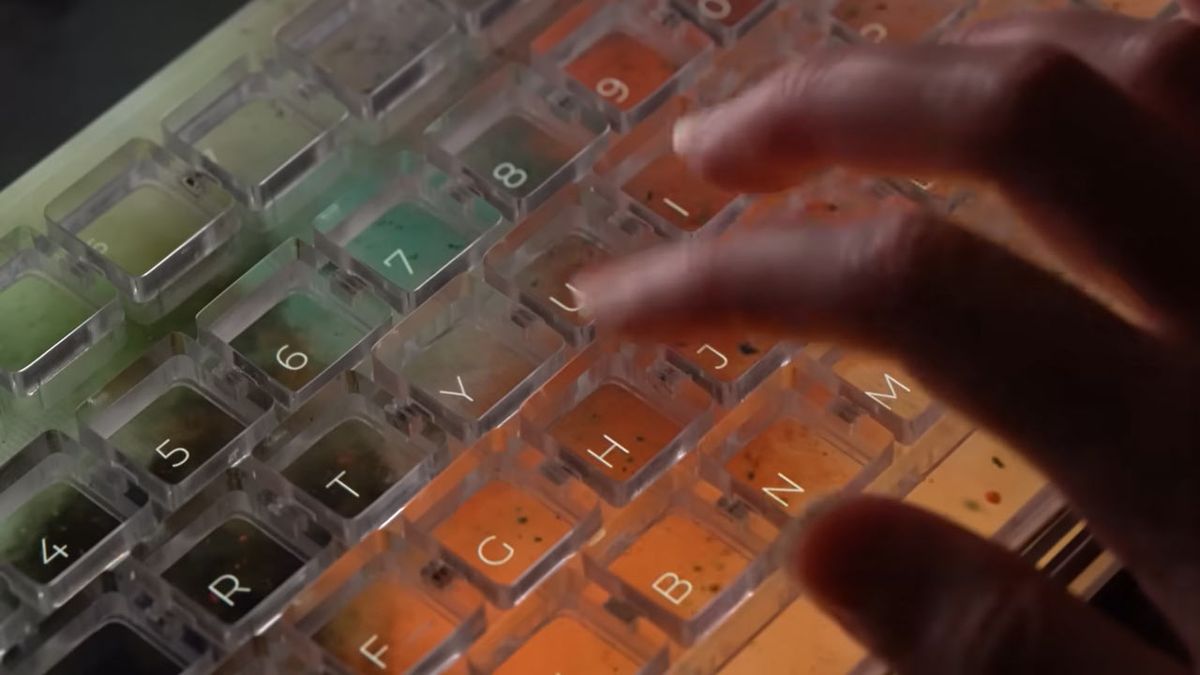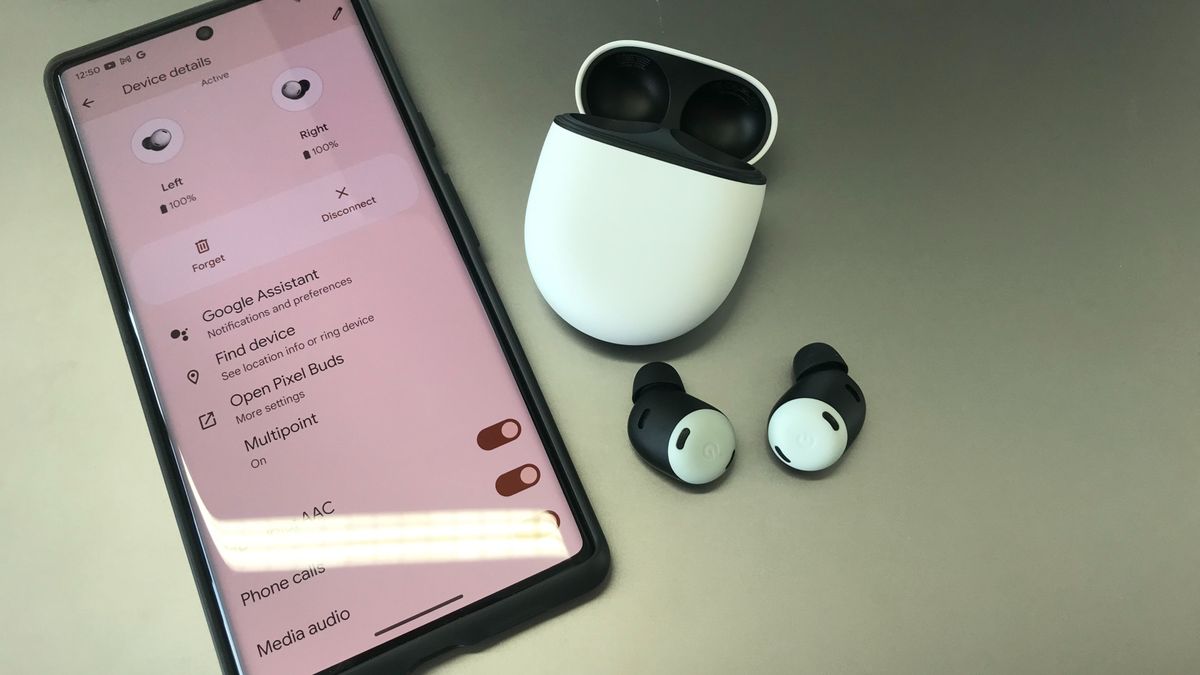Google Glass Retires, but is New AR Hardware Coming?

This week, Google officially announced the retirement of its flagship smart glasses product. In a company document, the firm confirmed the retirement of Google Glass Enterprise Edition effective this Wednesday (March 15). Google will also drop official support for its enterprise-grade immersive hardware on September 15, 2023.
Google Glass enthusiasts will still be able to use their XR device and related software after the retirement date. However, Google will not release any future updates.
Moreover, after September 15, 2023, Google will no longer provide ongoing support for the pre-installed Meet on Glass application. The app may cease functioning after that due to a lack of official updates.
Until September 15, 2023, Google will continue to replace Glass devices using current procedures. To receive a new device within this time scale, Google Glass operators must contact their chosen distributor/reseller.
While Google no longer plans updates, third-party developers can still support their Glass applications with software updates. Additionally, the most recent system images will remain accessible through Google’s OTA update process and on the System images page until at least April 1, 2024.
Is this the End of Google’s Smart Glasses Experiment?
Google first introduced the Glass device in 2015. Following its debut and during the early days of the modern XR landscape, Google debuted Glass Enterprise Edition 2 for £999 in 2019.
When XR and immersive content solutions exploded in interest, Google Glass faced steep competition in the consumer and enterprise-grade immersive wearables marketplace. However, Google maintained its enterprise presence.
Leading towards the device’s eventual decline, enterprise end-users such as KPN and Accenture used the Google Glass Enterprise Edition to assist with workplace managerial challenges. Moreover, leading workplace application developers, like BlueJeans, continued to release services on Google’s immersive product portfolio.
Although Google may not be done with smart glasses yet, the end of the Glass device may spell the birth of a new immersive product from the Mountain View-based firm.
Last year, Google invested significant R&D into new AR wearables. In July 2022, Google publicly tested an AR smart glasses prototype across selected individuals.
Following internal testing, Google aimed at workplace environments like schools, government buildings, and healthcare institutions to see how its prototype could change individuals’ lives and work routines.
After publically testing the smart glasses prototype, Google filed a European patent request for a smart glasses product that provides secure communications. Interestingly, the patent request highlights the hypothetical device’s ability to generate captions for text-to-speech and translation.
This feature is notable due to another update from Google during an official technology showcase event earlier in the same year. The firm promoted its Glass device as a communications device that creates real-time, translated text as an AR visualisation.
Augmented reality can break down communication barriers – and help us better understand each other by making language visible. Watch what happens when we bring technologies like transcription and translation to your line of sight. #GoogleIO ↓ pic.twitter.com/ZLhd4BWPGh
— Google (@Google) May 11, 2022
Is AI Next for Google?
Speculation aside, Google Glass Enterprise Edition’s retirement may spell the end of Google’s experiment with XR technology. The firm still has immersive platforms ready to use, such as AR tools for smartphones, but Google’s last few Glass updates may be a final splash in the pan for a declining product portfolio.
On the other hand, if Google is finished with its smart glasses experiment, the firm has already set its sights on a new trajectory. The Mountain View-based firm is investing in the emerging generative AI space.
Following the rise of Chat GPT this year and Microsoft’s eventual purchase of platform developers OpenAI. Google is now developing Bard, a competing prompt-based AI service available via its search engine channels.
Google’s potential standing in XR and AI is unclear, although the firm’s technology investments may soon lead to something big.






